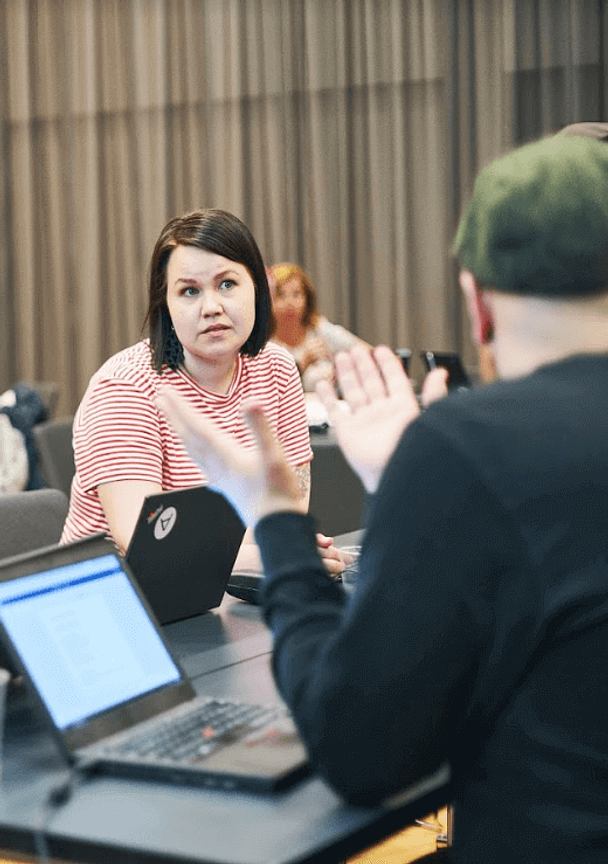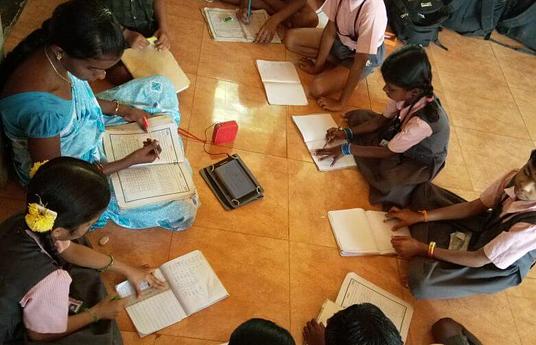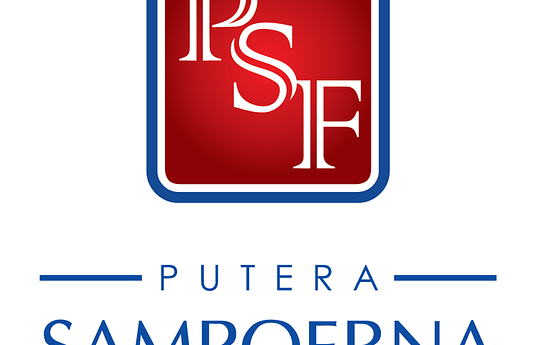The network of expert teachers consists of teachers in early childhood education and care, basic education, general upper secondary schools, and vocational education and training who support schools and educational institutions in the reform of teaching. There are five teams, with a total of around 60 teachers, who develop, create partnerships and share good practices, in addition to performing their own teaching duties. Managers of daycare centres, headmasters of schools and educational institutions and tutor teachers can request training from expert teachers for specific schools and educational institutions. Expert teachers are entitled to have fewer regular lessons each week, in order to share their expertise with other daycare centres and schools. Together with new teachers and headmasters, they develop operating models, learning environments and practical uses of technologies. Their training consists of sharing tried and tested practices and handing out material. They also support the management in the implementation of pedagogical change.
Expert teachers have been divided into five teams:
- Learning environments
- Phenomenon-based learning
- Language, interaction and thinking skills
- Portfolio learning, assessment and comprehensive learning (PALO)
- STEAM team (S=Science, T=Technology, E=Engineering, A=Arts, M=Mathematics)
Tutor teachers work on daily issues in comprehensive schools, mentors provide help in general upper secondary schools, and digital agents assist in vocational education and training units. Each comprehensive school has 1–4 tutor teachers supporting their colleagues. Each general upper secondary school has two tutor teachers, who are called mentors. The digital pedagogical team in vocational education and training guides the pedagogical utilisation of digitalisation throughout vocational education and training. Tutors, mentors and digital agents are trained together and act as a network that shares and develops expertise.



